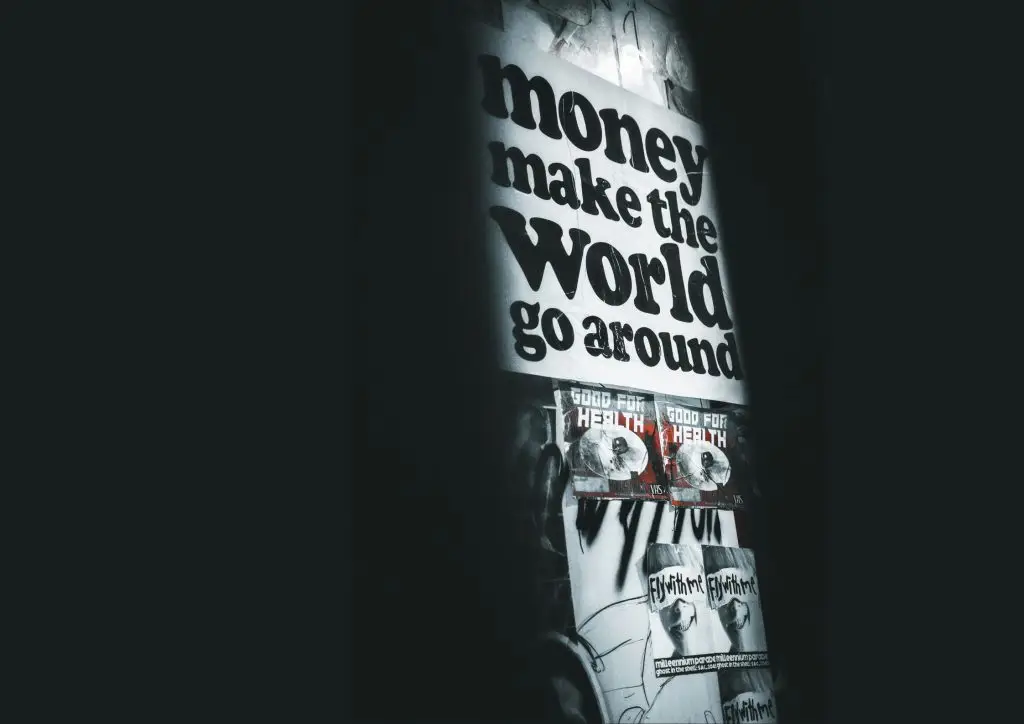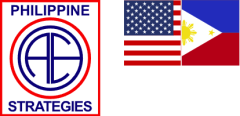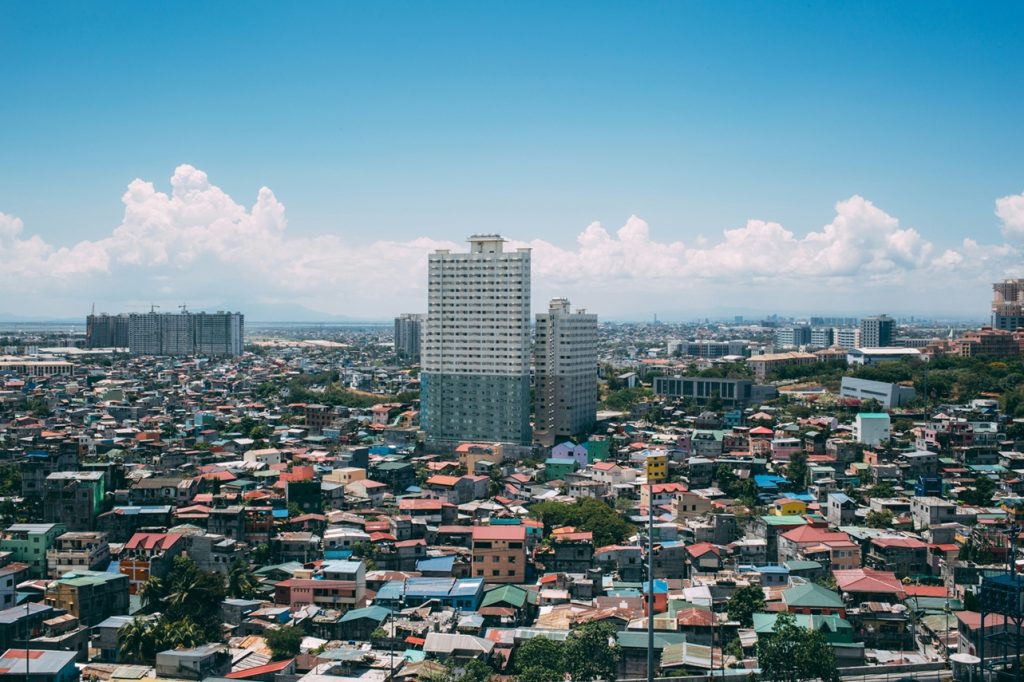
A first-person account of enduring political dysfunction, historical comparisons, and the urgent call to reform Philippine governance from the top down.
This first-person narrative was garnered from notes taken during several casual discussions with a number of notable Philippine politicians and Jurists between 2020 and 2025. It tells of congenital, stubborn concerns the country has otherwise been unable or unwilling to deal with, as well as the illusive, ethereal hope that a single, messiah-like figure will finally appear on the horizon to lead the country into an age of modernity.
What have we become? Where are headed? Why do we seem unable or unwilling to tackle the one thing that holds us back from progressing as a nation? Is it even possible to extricate ourselves from a stinking tarpit of the usual denizens continue to be elected, time and again? These are all bold, perplexing questions demanding action of the sort that requires real “Intestinal Fortitude” aka. “guts” to address, the sort of which has eluded our country, or at the very least the hearts of our leaders.
We have been flopping about in this discussion for far, far too long already. If you type, “What’s Wrong with the Philippines?” into a Google search, the very first article that pops up at the top of the list each time is one of that very same title, written by a certain Ninoy S. Aquino Jr. in 1968 for the prestigious Foreign Affairs magazine.
The first paragraph reads as if it had been published last week: “A DIPLOMAT, after a seven-year tour of duty in the Philippines, once christened the islands an ‘enchanting archipelago’. Whether he was merely being polite, had succumbed to government pitchmen, or had himself become enchanted by the lush tropical beauty of the islands, he should also have seen a country wracked by afflictions, some common to all countries engaged in the desperate race to develop, some peculiar to the Philippines.”
Ninoy then goes on to depict a land seemingly helpless to loosen itself from the grips of feudal kleptocracy, social inequities and willful impunity on the part of government officials. Many years have passed since his words adorned the desks of American State Department managers in Washington, drifting into the dust of inconvenient history since their author died in a hail of assassins’ bullets under a jetway at NAIA.
Our country today remains stuck, cooking in its own broth of futility while watching the crabs therein attempt, unsuccessfully, to crawl out.
When the Covid-19 Pandemic struck there was a glimmer of hope that we would at last band together with a long-absent sense of community to tackle a common enemy. Sadly, as the months rolled painfully on, it became obvious the crisis was being put to use as an instrument of personal enrichment by a small group of people who could rely upon their slimy pursuits to be “covered”, with zero threat of recompense. The scope of their corruption was exquisitely breathtaking.
It became very quickly clear to those of us politics and the legal practice that voicing upset over this outright attack on our nation and its people would result in harsh pushback from the dark army that has very effectively squelched needed investigative journalism that occasionally shone through the gray clouds, allowing us to see what was happening behind our collective backs. The sense of isolation was stifling.
We were shocked, unprepared for the level of pervasiveness the rot had attained within all levels of government, particularly in view of how much credence we had all initially lent the last and current administrations’ stated anti-graft stances. As a society, our minds were easily distracted for half a decade by pictures of bodies littering the streets of Manila, whether succumbing to Oplan Tohkang, Covid or the legal defense of human rights activists. The band of scallywags played on, all the way to the bank.
There can now be no doubt that we, all of us, together, must deal with the disease of corruption, not from the bottom up, but from the top down. It is no longer a question of whether we have the desire to do what is necessary. It no longer matters if so many people who rely, directly or indirectly, on income from traditional patronage suffer deprivation. Our mission, should we decide to accept it, can only be to implement systems that make this style of thought extinct. It is now or never. Do or do not. We rise to the occasion or fall forever.
Will it be hard? Yes, for many. Especially for the elites. But the benefits will greatly outweigh the discomforts. Lee Kwan Yew dragged his little island nation of Singapore kicking and screaming out of its former life as a smuggler’s paradise that looked like something out of a “Pirates of the Caribbean” movie into Southeast Asia’s Switzerland within a generation. Why not the Philippines?
Did the Daai Laps and Ang Pai’s (“Big Shots” in Cantonese and Hokkienese) take kindly to Mister Lee’s usurpation of their centuries-old criminal empires? Of course they didn’t, but crooks have no choice in true rule-of-law systems. The vast majority within the Lion City demanded change. Its citizens were lucky enough to have had a leader willing, smart and tough enough to make it happen.
Many have said that the Philippines will never change, no matter what is done. Both Marcos Sr. and Duterte tried to use heavy-handedness, but the raucous party just got louder. Most insist our people are simply unwilling to follow the rules or do even simple things like wear motorcycle helmets, pay taxes or give up jeepneys. We, on the other hand, believe the desire to progress is innate, and not just within the minds of Filipinos. Are we ready? We must be, in our own, special way of doing things.


